Dermody Raises $1 Billion for Industrial Fund
The company is focusing the investment vehicle on infill facilities.
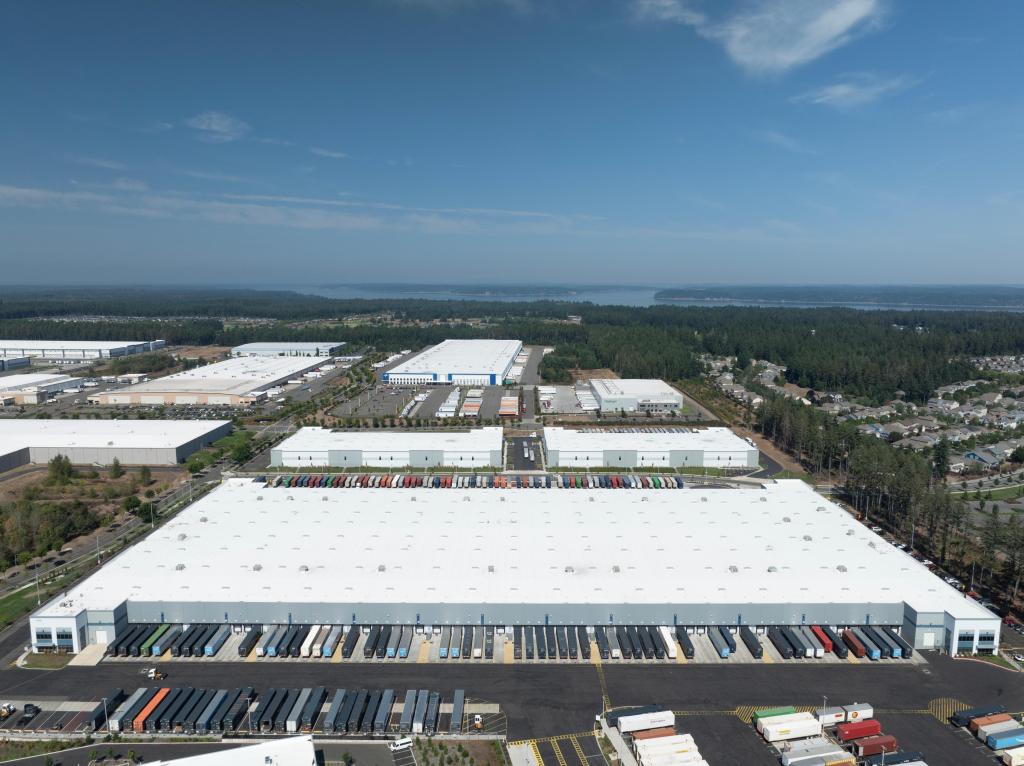
Dermody Properties has closed its fourth commingled fund, Dermody Properties Industrial Fund IV LP, securing a little over $1 billion in commitments. That virtually matches the amount raised by the previous vehicle, DPIF III, as every investor recommitted to DPIF IV, along with two returning investors from DPIF II and four new investors.
The capital will target value-add, single-asset, portfolio investments and new development projects, with the intention to acquire, develop and operate logistics facilities in infill locations across the U.S. The investor base for DPIF IV includes public and corporate pension funds, insurance companies and other institutional investors from the U.S., Canada and Europe.
Shelter Rock acted as a placement agent for DPIF IV, while Kirkland & Ellis was the legal advisor for Dermody Properties.
Moving away from ‘big box’
Closings like this point to flourishing demand for IOS logistics facilities, Alterra IOS Managing Partner Leo Addimando told Commercial Property Executive. More investors looking to diversify away from traditional big-box warehouses are flocking to these more niche investment strategies.
“It’s no surprise given the sector’s strong fundamentals, which include limited supply, steady rent growth and consistent demand from national and regional tenants alike. Looking ahead, we expect the growth of these logistics sub-sectors to continue, especially as the industry draws increased attention from larger-scale institutional investors and funds,” Addimando added.
READ ALSO: Triten, TPG Angelo Gordon Launch $1B Addition to IOS Platform
“While our current interest rate environment and capital markets volatility have presented funding challenges for many CRE asset classes, industrial funds have continued to perform—especially within sub-sectors like the industrial outdoor storage market,” he concluded.
And there are examples aplenty. In Miami, BridgeInvest, an alternative investment manager focused on CRE credit, closed its fourth vintage specialty credit fund for industrial assets. Combined with parallel investment vehicles, the capital raised totaled more than $670 million in equity. The fund will also target the multifamily, hospitality and retail sectors, focusing on providing senior-secured financing to existing and transitional assets ranging from $20 million to $150 million.
Fund IV marks the company’s largest fundraiser to date, with a diverse pool of limited partners. BridgeInvest aims to close as much as $1.2 billion in transactions across its unique lending programs over the next 24 months.
Dermody Properties remains active
In one of its most recent deals, Dermody Properties announced in June that WestRock, a global leader in sustainable packaging, has signed a build-to-suit lease at LogistiCenter at Pleasant Prairie. WestRock is establishing a Great Lakes regional corrugated operations hub and will require more than 580,000 square feet within Wisconsin’s newest rail-served logistics park.
Earlier this year, Daikin Industries Ltd., a global provider of indoor comfort solutions, leased 111,452 square feet across two Dermody Properties logistic centers. Daikin leased 26,332 square feet in Northern California and 85,380 square feet in Nevada.
Dermody’s recent construction activity includes expanding its offerings in the Nevada region, where the company is working on two projects. Nevada remains strong for logistics. According to CBRE, electric vehicles, data centers and related supply chain manufacturing centers will continue to drive demand in the northern Nevada area.
Southeast includes prime industrial markets
Investor interest in industrial real estate has surged, especially in key logistics hubs across the Southeast, Alex Redfearn, founder & CEO of Redfearn Capital, told CPE.
“The logistics sector has become ‘hot’ due to the rapid growth of e-commerce and the increasing demand for faster, more efficient supply chains,” Redfearn added.
“Companies prioritize strategically located industrial spaces to reduce delivery times and streamline operations. This shift has created a surge in demand for well-located, high-quality industrial properties, particularly in major logistics hubs. The relatively low maintenance of industrial assets and their scalability compared to other real estate sectors also make them attractive to investors seeking stability and long-term growth.”
READ ALSO: Industrial Development Pipeline Shrinks
Industrial is primed for long-term investment and has weathered the postpandemic spike in capital costs well despite volatility in capital markets and other real estate classes, said Noel Liston, managing broker with Core Industrial Realty in Chicago.
“The second half of 2024 and the first half of 2025 will see limited deliveries for speculative industrial development, which will balance the supply-demand side and lessen the inventory of the preferred class A product for institutional investors,” Liston reasoned.
“With potential rate cuts looming from the Federal Reserve, the cost of capital should lower by the end of this year, and we anticipate a similar response to cap rates for infill and Class A industrial.”


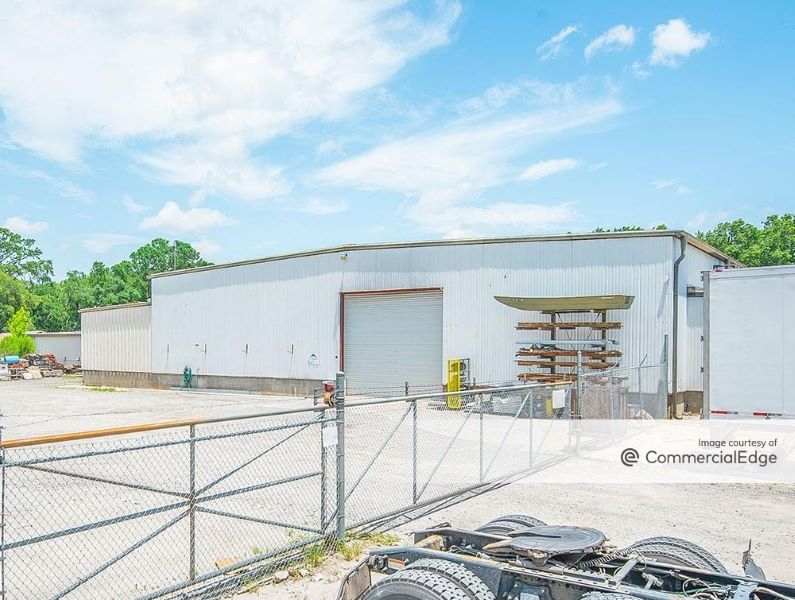
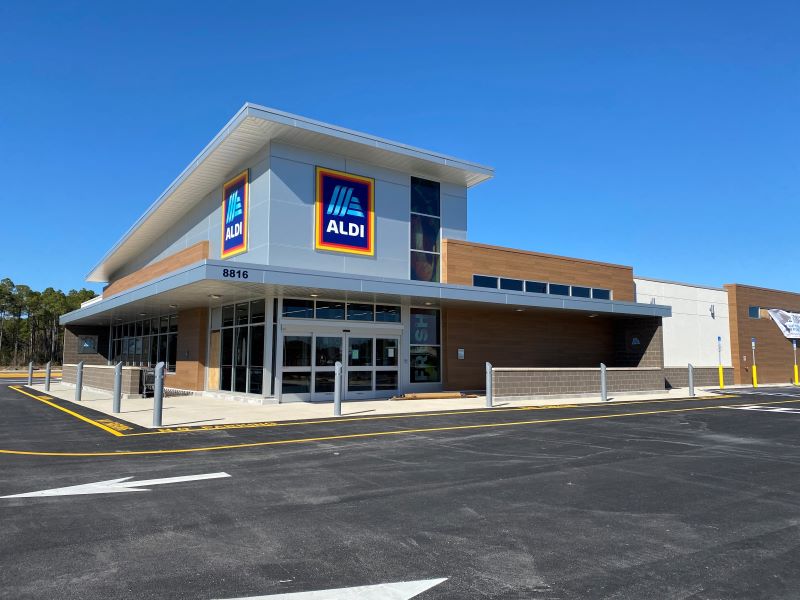
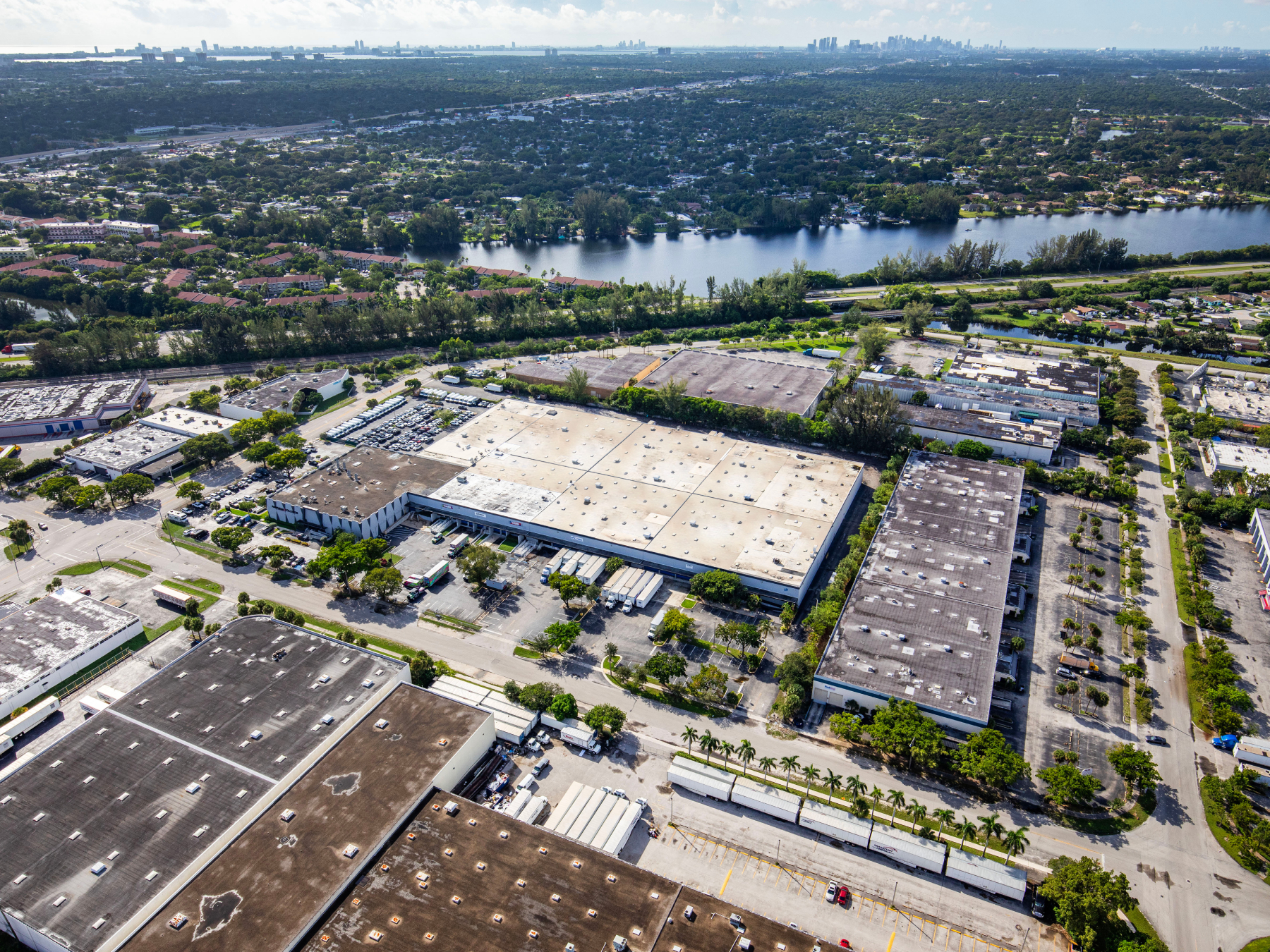
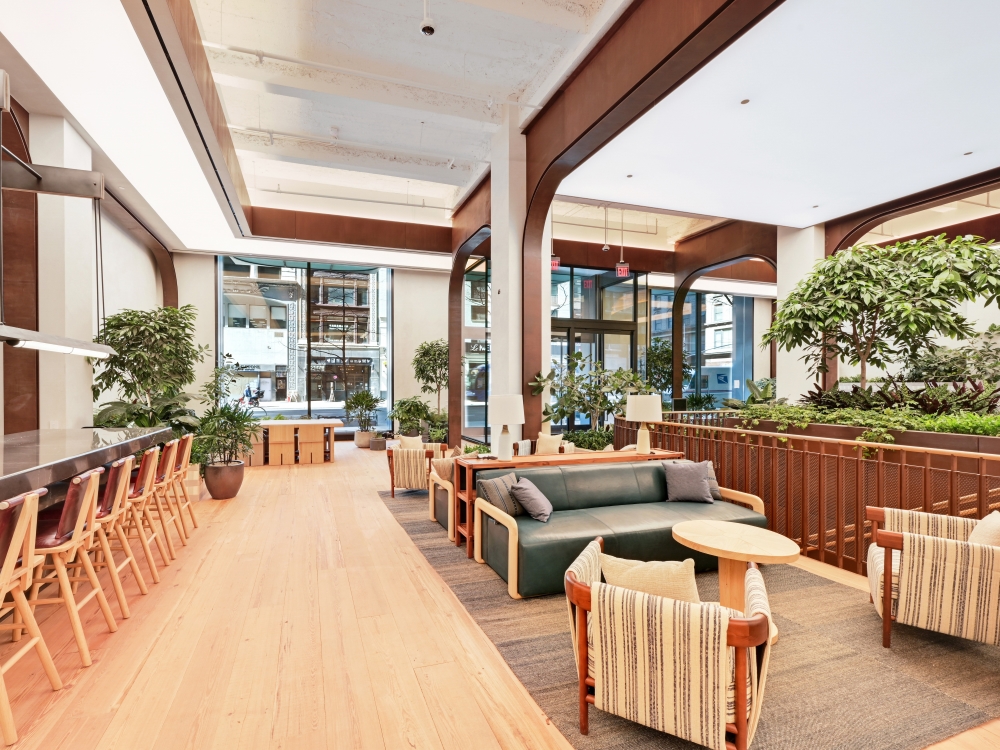
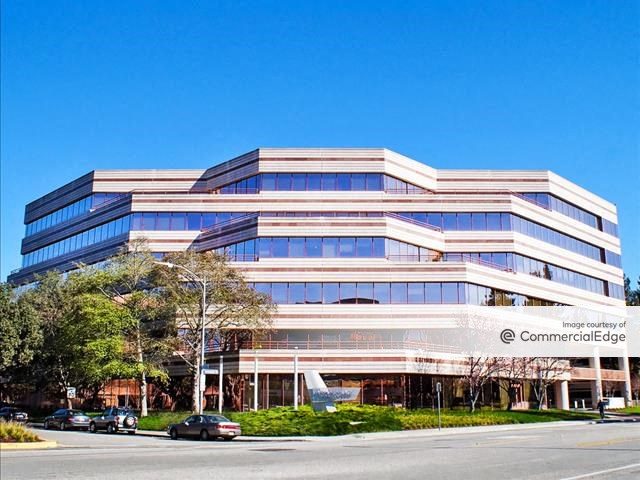
You must be logged in to post a comment.